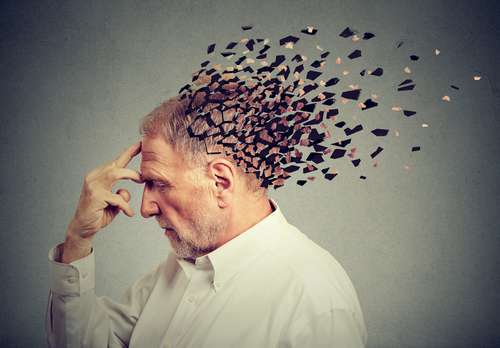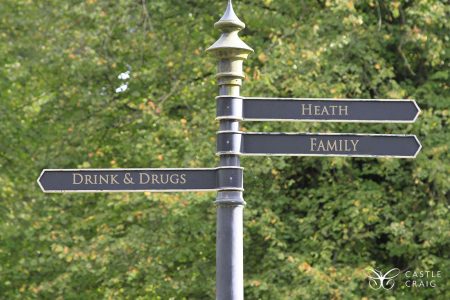We’ve long known that alcohol is bad for your brain. There are temporary impairments like slurred speech, loss of coordination and balance, poor judgment, and blackouts. There are also well known long-term risks to the brain. These include premature ageing, brain shrinkage, and Wernicke-Korsakoff syndrome. According to a recent study in The Lancet, alcohol may be the primary risk factor in many forms of dementia, including early onset dementia.
The study examined anonymous records of hospital patients in France. Of the more than one million cases of dementia included in the analysis, about 57,000 were early onset dementia. Of these, alcohol use disorders appeared to be a factor in more than half of cases. This led researchers to conclude that alcohol consumption is the largest modifiable risk factor for dementia.
There are many conditions associated with alcohol use that are known to contribute to dementia, such as traumatic brain injury, cardiovascular disease, stroke, liver disease, low educational attainment, smoking, and depression. Of these, end-stage liver disease was the most strongly correlated with dementia. Alcohol use was also frequently involved in vascular dementia.
The researchers expected to find that risk of dementia would decrease after abstinence, but this did not appear to be the case. Patients were less likely to die if they quit drinking, but dementia risk appeared to remain the same. This could be related to the relatively short time frame of the study. They examined records from a five-year period, which supplied a lot of data, but is somewhat limited for studying long-term effects of sobriety. That is, if someone who is 60 years old is hospitalised, possibly for an alcohol-related illness, then decides to quit drinking, or at least tell his doctor he quit drinking, his dementia risk is likely to stay pretty much the same. It seems likely that someone much younger could significantly reduce his risk of dementia by getting sober, but this was beyond the scope of the study.
After alcohol, the other major risk factors for dementia are smoking, depression, and genes. There’s obviously nothing you can do about genes, but smoking and depression are highly correlated with alcohol use disorder. Recovering from alcohol addiction often entails treating depression. Unfortunately, many people recovering from alcohol addiction continue to smoke, but smoking is a controllable factor. Since the two behaviours are strongly associated, quitting drinking may also help with quitting smoking.
Castle Craig is one of the most established and respected addiction rehab centres in the UK. Castle Craig provides consulting psychiatrists who diagnose associated mental illnesses like anxiety states, depression, ADD, PTSD, eating disorders, compulsive gambling, and compulsive relationships. For information, call our 24 hour free confidential phone-line: 01721 546 263. From outside the UK please call: +44 808 271 7500 (normal charges apply).



